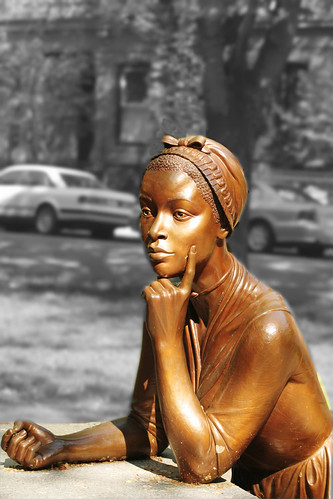We run our website the way we wished the whole internet worked: we provide high quality original content with no ads. We are funded solely by your direct support. Please consider supporting this project.
An Open Orthodoxy
Our friends Tom Belt and Dwayne Polk recently started a blog called An Open Orthodoxy. This is going to be something you’ll want to follow. Really smart guys with something to say. They posted this clarification on the defining claim and core convictions of open theism that hits the nail on the head.
From the blog post:
To summarize, then. God is love, and he creates for benevolent purposes which include creation’s coming to participate in and reflect the love that he is. This glorifies God, and this glory is the end for which all things are created. To fulfill this end, God endowed us with a certain freedom, and this freedom in turn entails certain risks. Open theists reason from these three core convictions — divine love and a free and risky creation — to the conclusion that God knows the open future as a branching of possible ways or paths the world might and might not take. But from the open theist’s point of view, these core convictions are the heart and soul of the view. The conclusion that God doesn’t eternally foreknow in every conceivable detail precisely how the world’s possibilities will unfold (which claim has received all the attention) is — to put it surprisingly but perhaps more accurately — the most uninteresting thing about the view. For us it’s not particularlyabout foreknowledge; it’s about freely becoming what God purposed us to be. It’s abouttheosis. The foreknowledge piece turns out to be just the most consistent way we know to express it.
Amen.
Category: General
Tags: An Open Orthodoxy, Dwayne Polk, Open Theism, Tom Belt
Related Reading

What is the significance of Ezekiel 12:1–3?
The Lord has Ezekiel symbolically enact Israel’s exile as a warning and remarks, “Perhaps they will understand, though they are a rebellious house” (vs. 3). Though Israel repeatedly surprised God by their persistent rebellion, he nevertheless continued to hold out hope and thus to strive with them to participate in a covenant relationship with him.…

Open2013
As I’m sure many of you know, the understanding of the Christian faith and the model of the Christian church is in the process of being transformed. All around the globe, and in a multitude of different ways, we are seeing new wine being poured out and old wine skins bursting apart. Many of us…

What is the significance of Exodus 16:4?
The Lord commands the Israelites to gather only enough bread for one day while in the wilderness. “In that way,” the Lord says, “I will test them, whether they will follow my instruction or not.” Testing people to find out how they will resolve their character only makes sense if God is not certain of…

Free Will in the Bible
Scripture portrays humans as having minds and wills of their own. They are, in a real (though limited) sense, creators of their own behavior and determiners of their own destinies—whether this behavior and destiny is in line with God’s will or not. This fundamental assumption is demonstrated in a variety of ways throughout Scripture. It…

What is the significance of Jeremiah 3:6–7?
Regarding Israel, the Lord says “I thought, ‘After she has done all this she will return to me’; but she did not return.” If the future is exhaustively settled in God’s mind, the meaning of this verse is unclear. How could God really think that something was going to happen if he foreknew with absolute…

The (Spiritual) War on Terror
Jesus’ ministry was a ministry not of resignation but of revolt. He was about revolting against the cruel tyranny of a world ruler (Satan) that was oppressing God’s people. He was about seeking to give back to people, and to win back for his Father, what the enemy had stolen and destroyed. He was about…

